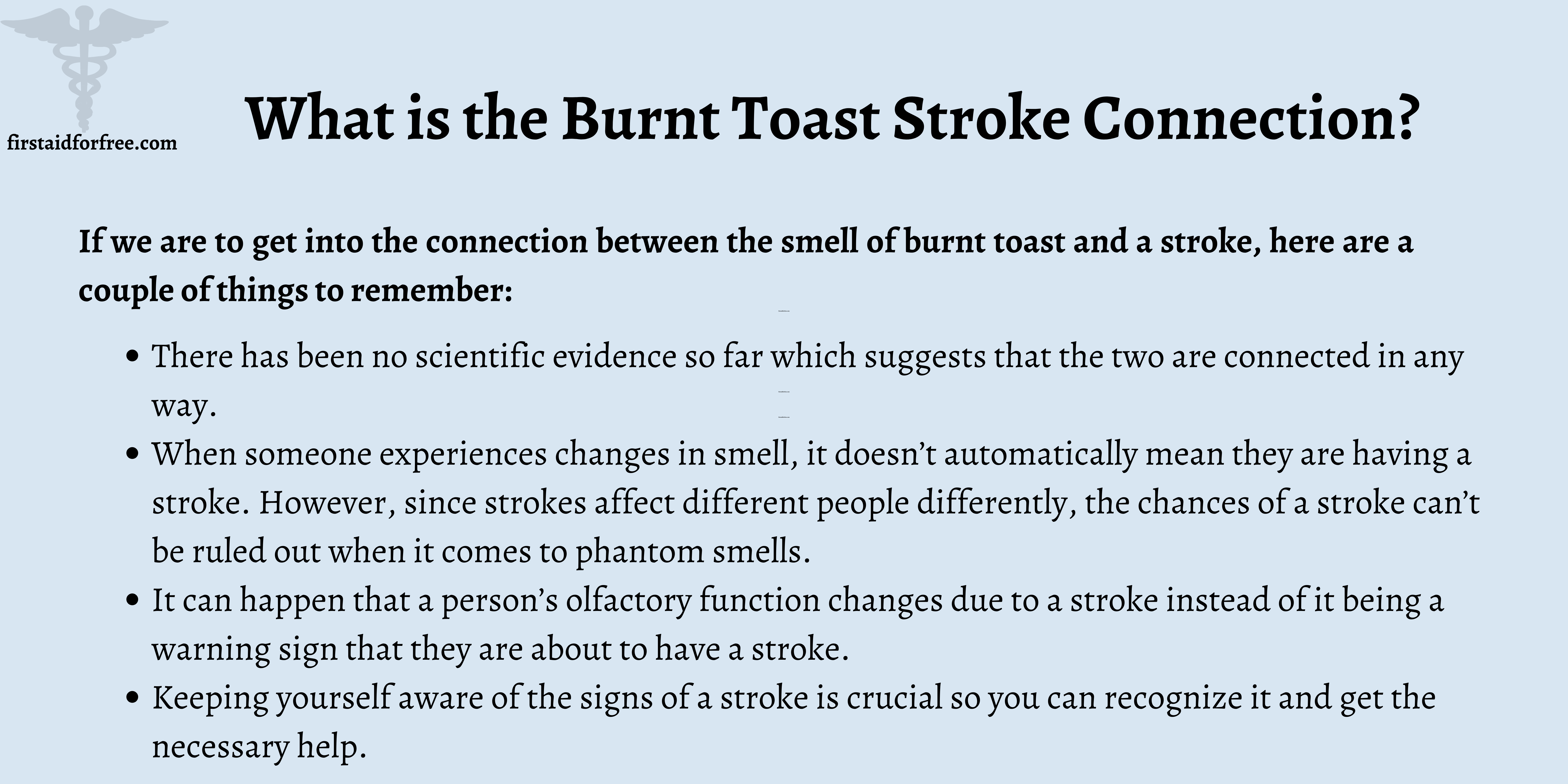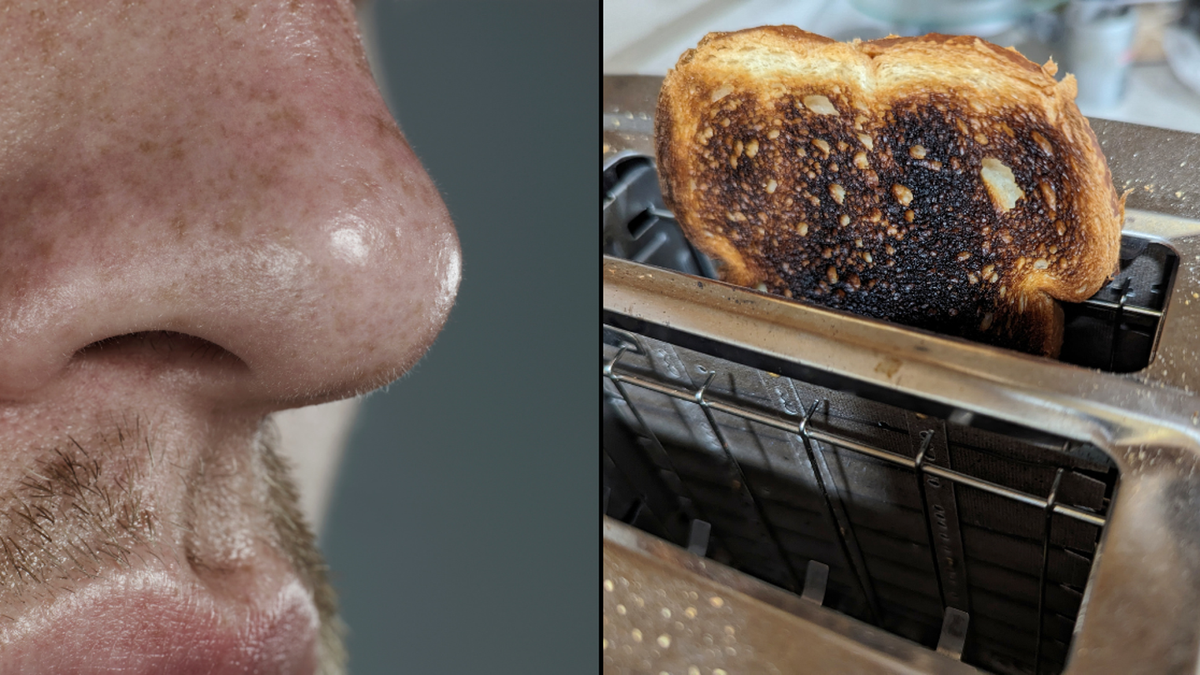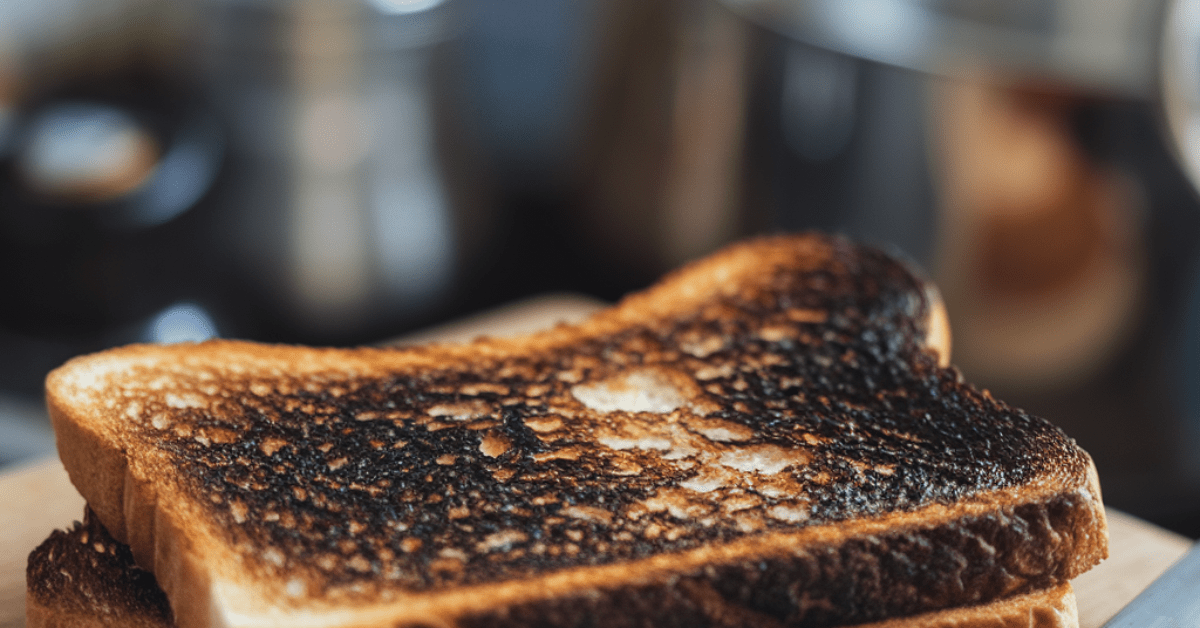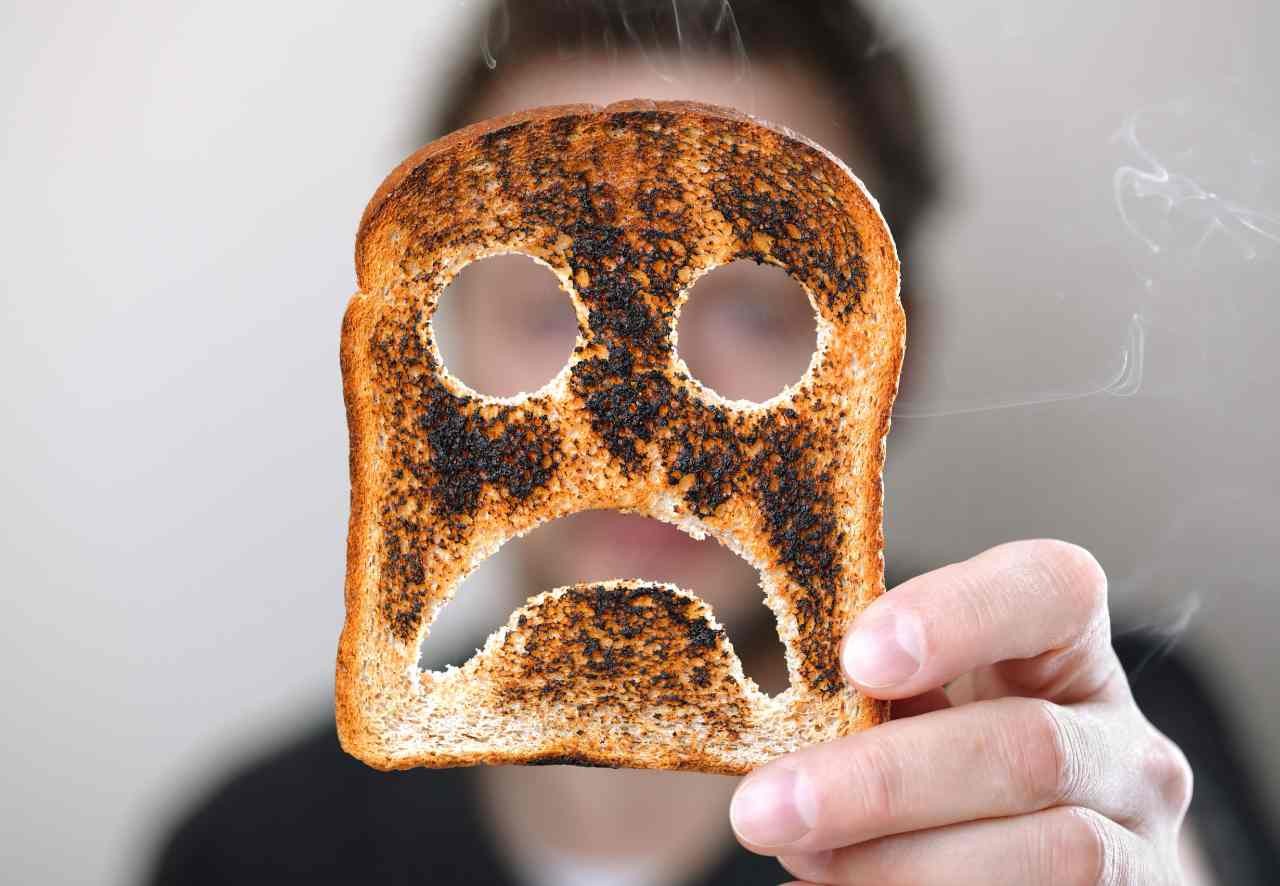What Does It Mean When I Smell Burnt Toast

That acrid smell of burnt toast lingering in your home or business – it’s more than just a kitchen mishap. When you smell burnt toast and *you haven't actually made toast*, it's a signal, and often a warning sign, about potential electrical problems that could be impacting your energy efficiency, safety, and ultimately, your wallet. For homeowners and businesses alike, recognizing this smell and understanding its implications is crucial for preventative maintenance, energy savings, and avoiding costly repairs. It's also a matter of safety.
Decoding the "Burnt Toast" Smell: What's Really Happening?
The distinctive burnt toast smell usually indicates overheating electrical components. This could stem from various sources, primarily within your HVAC system, wiring, or even appliances. The key is that the odor arises from the breakdown of insulation, plastic, or rubber materials due to excessive heat. Here’s a breakdown of the common culprits:
- Overloaded Circuits: When circuits are consistently overloaded, wires heat up significantly. The insulation surrounding these wires can melt or burn, releasing that familiar burnt toast aroma. Overloading often happens when too many high-power devices are plugged into a single circuit.
- Faulty Wiring: Loose connections, damaged wires, or outdated wiring can create resistance, leading to heat buildup and the characteristic smell. Older homes, in particular, are prone to wiring issues that contribute to energy inefficiency and pose fire hazards. According to the National Fire Protection Association (NFPA), electrical malfunctions are a leading cause of residential fires.
- HVAC System Issues: Your HVAC system contains several electrical components, including the blower motor, heating elements (in electric furnaces or heat pumps), and wiring connections. A failing blower motor, for example, can overheat, causing its insulation to burn. Similarly, damaged heating elements or loose wiring within the unit can produce the same smell.
- Appliance Malfunctions: Appliances like refrigerators, ovens, and dryers also contain electrical components that can overheat and emit a burnt smell when malfunctioning.
- Smart Home Devices: While designed to enhance energy efficiency, faulty or improperly installed smart thermostats or sensors can also contribute to wiring or electrical problems that lead to this smell. Always use certified electricians for installations.
The Link Between "Burnt Toast Smell" and Energy Inefficiency
The presence of a burnt toast smell often signifies underlying electrical inefficiencies that are costing you money. Here's how:
- Increased Energy Consumption: Overheating components require more energy to function. A struggling blower motor in your HVAC system, for instance, will draw more power to compensate for its reduced efficiency. This translates directly to higher energy bills.
- Reduced Lifespan of Equipment: Continuous overheating damages components, leading to premature failure. Replacing an HVAC system or major appliance is a significant expense that can be avoided with timely maintenance and repairs.
- Hidden Energy Leaks: Faulty wiring can create phantom loads, where devices draw power even when turned off. This is often difficult to detect but can contribute to substantial energy waste over time.
Immediate Actions When You Smell Burnt Toast
Safety is paramount when you detect a burnt toast smell without an obvious cause. Follow these steps:
- Identify the Source: Carefully sniff around your home or business to pinpoint the location where the smell is strongest. Check outlets, appliances, and your HVAC unit.
- Unplug Suspect Devices: If you suspect a particular appliance, unplug it immediately.
- Turn Off the Circuit Breaker: If you can't identify the source but suspect a circuit issue, turn off the corresponding breaker in your electrical panel.
- Call a Qualified Professional: Contact a licensed electrician or HVAC technician to inspect your wiring, appliances, and HVAC system. Do not attempt to diagnose or repair electrical issues yourself unless you are qualified to do so.
- Do not ignore: Never ignore this smell, even if it is faint. It is a warning sign.
Prevention and Long-Term Energy Savings
Preventative maintenance and upgrades are key to preventing electrical issues and maximizing energy efficiency. Consider the following:
- Regular HVAC Maintenance: Schedule annual HVAC maintenance with a qualified technician. This includes cleaning coils, inspecting wiring, lubricating moving parts, and checking refrigerant levels. A well-maintained HVAC system operates more efficiently and is less likely to develop electrical problems. Many HVAC companies offer maintenance plans that can save you money in the long run.
- Electrical Inspections: Have a licensed electrician conduct periodic electrical inspections, especially in older homes. They can identify and address potential wiring hazards before they become major problems.
- Upgrade to Energy-Efficient Appliances: When replacing appliances, choose Energy Star certified models. These appliances are designed to consume less energy and often come with features that extend their lifespan. The upfront cost may be higher, but the long-term energy savings can be substantial.
- Smart Home Integration: Invest in a smart thermostat and energy monitoring system. These devices provide real-time data on your energy consumption, allowing you to identify inefficiencies and adjust your usage accordingly. Some smart thermostats can even detect potential problems with your HVAC system and alert you to potential issues.
- Proper Wiring and Circuit Management: Avoid overloading circuits. Distribute high-power appliances across different circuits to prevent overheating. If you frequently experience tripped breakers, consult an electrician to assess your wiring and circuit capacity.
- Consider a Whole-House Surge Protector: Protect valuable electronics from power surges caused by lightning or fluctuations in the electrical grid by installing a whole-house surge protector.
Rebates and Incentives for Energy-Efficient Upgrades
Many utility companies and government agencies offer rebates and incentives for energy-efficient upgrades. These programs can help offset the cost of new appliances, HVAC systems, and smart home devices.
- Energy Star Rebates: Check the Energy Star website for information on rebates and incentives available in your area.
- Utility Company Programs: Contact your local utility company to inquire about their energy efficiency programs. Many offer rebates for upgrading to high-efficiency HVAC systems, installing smart thermostats, and conducting energy audits.
- Federal Tax Credits: The federal government offers tax credits for certain energy-efficient home improvements. Consult a tax professional for details.
ROI of Energy-Efficient HVAC and Electrical Upgrades
While the initial investment in energy-efficient upgrades may seem significant, the long-term return on investment (ROI) can be substantial. Here's a glimpse of the potential savings:
- Reduced Energy Bills: Energy-efficient appliances and HVAC systems consume less energy, leading to lower monthly utility bills. A high-efficiency HVAC system can reduce your energy consumption by 20-40%, resulting in significant savings over its lifespan.
- Extended Equipment Lifespan: Well-maintained and energy-efficient equipment lasts longer, reducing the need for costly replacements.
- Increased Property Value: Energy-efficient homes and businesses are more attractive to buyers and tenants. Upgrades like solar panels, energy-efficient windows, and smart home technology can increase your property value.
- Reduced Carbon Footprint: By reducing your energy consumption, you can significantly lower your carbon footprint and contribute to a more sustainable future.
The next time you catch a whiff of burnt toast without the toast, don’t dismiss it. It's a signal that demands attention. By understanding the underlying causes, taking immediate action, and investing in preventative maintenance and energy-efficient upgrades, you can protect your home or business, save money on energy bills, and contribute to a more sustainable future. Don't hesitate to call qualified professionals. Your safety, and your wallet, will thank you.










